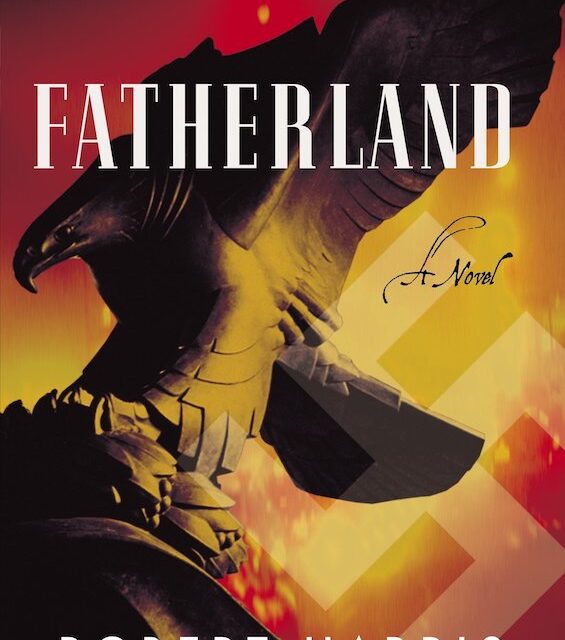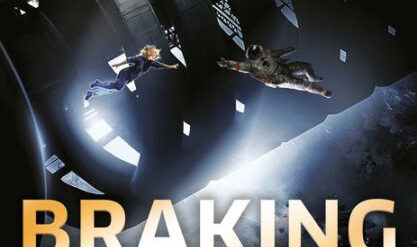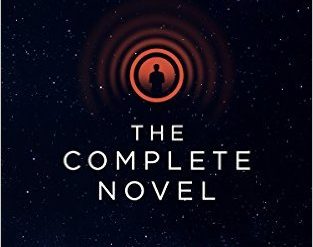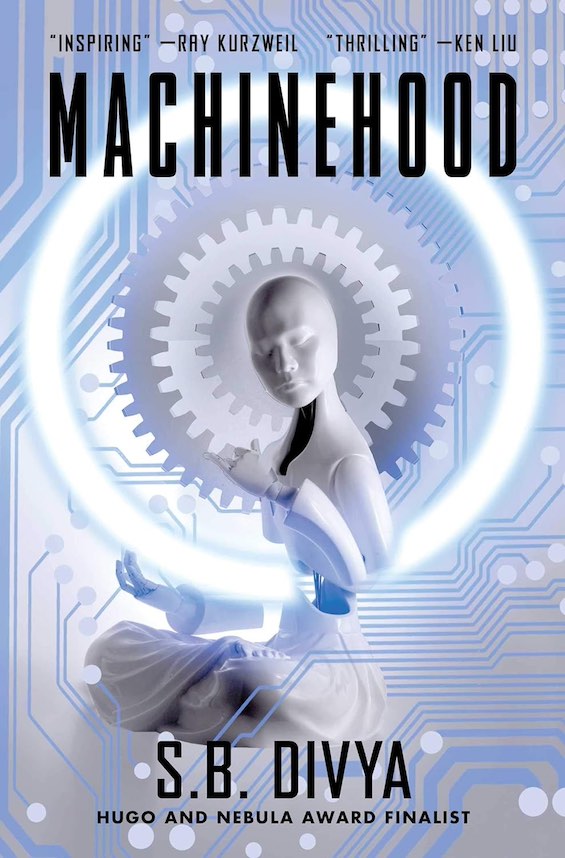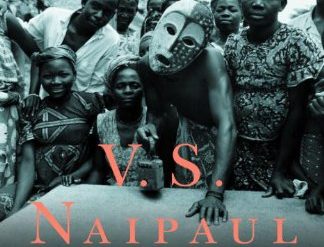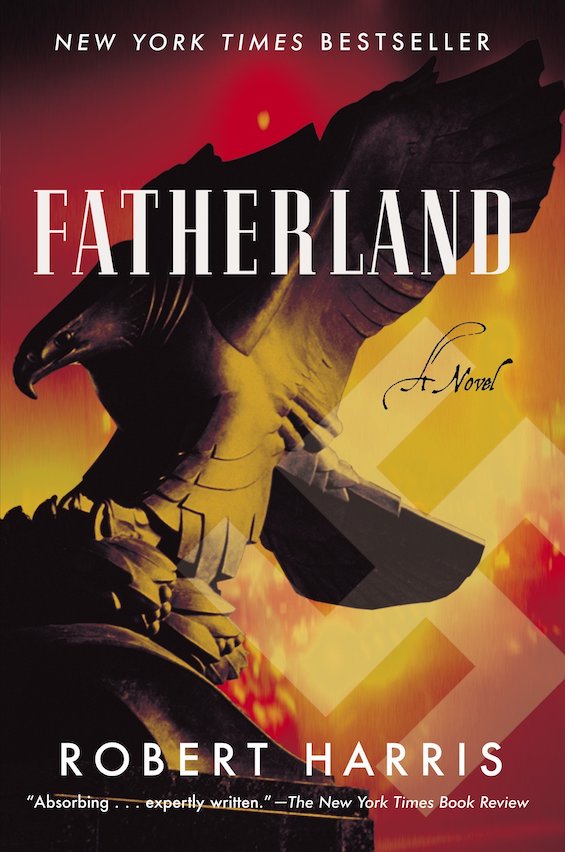
April 1964. Adolf Hitler’s 75th birthday is a week off, and Germans everywhere in the Fatherland are preparing for the massive celebration. To cap the joy of the adoring masses, US President Joseph Kennedy will be arriving to negotiate detente with the Third Reich. Nazi officials hope that will take pressure off the Eastern Front, where German troops are still engaged in a desperate battle with Soviet partisans funded and equipped by the USA.
In Robert Harris’ alternate history novel, the Allies’ Normandy Invasion failed, driving Britain out of the war, and Nazi armies occupied all of European Russia. Hitler forced the US to cease fighting by exploding a V-2 rocket over New York City. The USSR is a rump state, with Joseph Stalin’s capital now in the Siberian city of Omsk. The Holocaust is unknown. Everyone is aware that millions of Jews were resettled in the East but no one wonders where they are. The Third Reich is triumphant in Europe. Together with the USA, which won its war with Japan by dropping nuclear weapons, the two superpowers—Germania and the USA—reign supreme over the planet. This is the backdrop for the blockbuster 1992 bestseller, Fatherland.
A dogged detective who ignores orders
The novel opens as Gruppenführer (Major) Xavier March of the Kripo (Kriminalpolizei) in Berlin receives word that a man’s body has turned up on the shore of a lake in the suburbs. March is a brilliant investigator who has somehow held onto his job despite his indifference to Nazi ideology and ceremonial duties. His rank in the SS had been forced on him and every other Kripo officer. He soon learns that the man had not drowned but was murdered. And he was not some casual swimmer or runner but a wealthy and highly placed Nazi official who lived in the exclusive neighborhood on the shores of the lake.
Soon, March receives orders from an SS general to back off from the case. March’s curiosity, already piqued by the mysterious circumstances of the murder, now seizes him in its grip. He sets out determined to get to the bottom of the matter. And the investigation he undertakes will reveal a secret so shattering that it has the potential to change history. It’s clear from the outset that what’s at stake in this alternate history novel couldn’t be bigger.
Fatherland by Robert Harris (1992) 404 pages ★★★★★
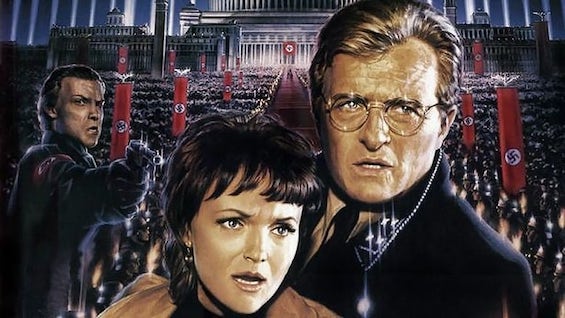
Real-life Nazis people this novel
March’s investigation is thwarted at every turn. That SS general—Odilo “Globus” Globočnik—attempts on several occasions to force him to drop the case. But the resistance only stiffens his determination. Globus is the right-hand man of the SS leader, Reinhard Heydrich. It turns out that the murdered man is Josef Bühler, a retired Nazi Party official. Bühler managed the transport of the Jews to the occupied territories in Eastern Europe during the Second World War.
It soon becomes clear that Bühler had been in league with two other high-ranking wartime officials in a massive art fraud. Both of them also bear names out of history. Like any well-conceived alternate history novel, the story is grounded on facts. The three men had seized and sold invaluable artworks stolen from museums in occupied countries and Jewish owners, growing fabulously wealthy as a result. One of those two other men turns up dead, too. If their crime were to come to light, the resulting scandal would shake the Nazi Party. Globus seeks to cover it up. But March won’t relent.
As March’s case continues to unfold, he finds that a young American woman is somehow involved as well. Charlotte “Charlie” Maguire is a journalist for a tiny New York-based wire service. She has somehow managed to cadge credentials to report from Berlin, where she had spent years as a child. She is bilingual in English and German. Curiously, Charlie had discovered the body of that second man who turned up dead. The two form an uneasy partnership to pursue the case to the end.
About the author
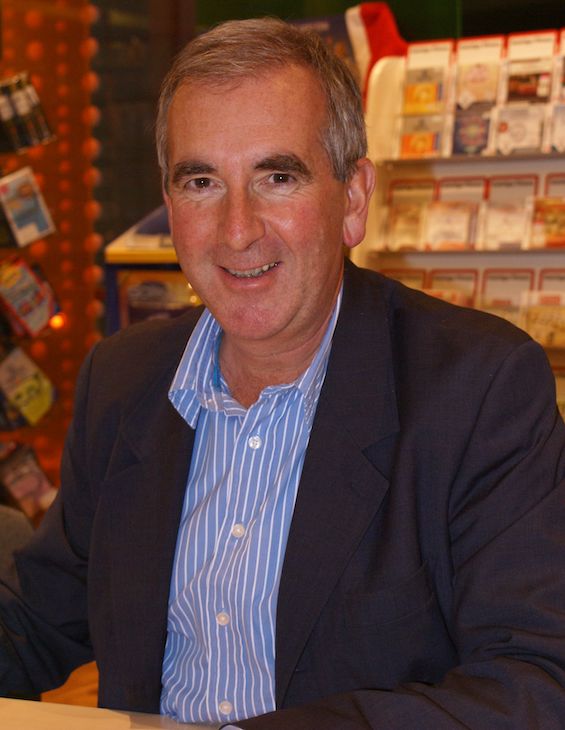
Robert Harris began his career in journalism and nonfiction—he has written five such books—but made a huge splash with the publication of his first novel, Fatherland, in 1992. He has specialized in historical fiction ever since, focusing on World War II and ancient Rome. He has published fourteen novels to date, most of them bestsellers. A fifteenth is scheduled for publication in 2022. Harris was born in 1957 in Nottingham, England, and attended Cambridge University, where he was president of the Cambridge Union.
For more reading
For my reviews of many other books by the author, see The spellbinding thrillers of Robert Harris.
And be sure to see 10 best alternate history novels reviewed here.
For more good reading, check out:
- The ultimate guide to the all-time best science fiction novels
- 10 top science fiction novels (plus lots of runners-up)
- The 10 best novels about World War II (with 40 runners-up)
- 15 good books about the Holocaust
And you can always find my most popular reviews, and the most recent ones, plus a guide to this whole site, on the Home Page.

